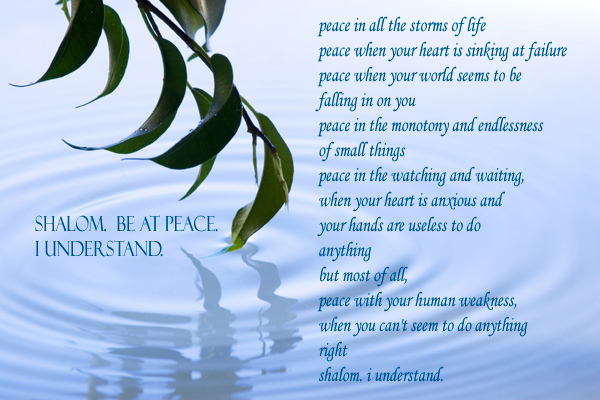So much of our faith is rooted in paradox.
In contemplating the Feast of the Presentation of the Lord, which we celebrate this Sunday, St. Cyril of Alexandria referred to Jesus as “a Sign of Contradiction,” echoing the words of the righteous man Simeon who, along with the prophetess Anna, was able to recognize the greatness of the Messiah in the small being brought before him in the Temple: Behold, this child is destined … to be a sign that will be contradicted (Luke 2). But what is so inherently contradiction-laden or paradoxical about Jesus, and how does this feast help us to explore that paradox?
In our reading from the prophet
Malachi, the coming Messiah is presented as a being both sought after and
feared: And suddenly there will come to the temple the Lord whom you seek, and
the messenger of the covenant whom you desire… Yet simultaneously, Malachi
asks, But who will endure the day of his
coming? And who can stand when he
appears? Like the refiner’s fire,
our Messiah, a light for revelation
according to Simeon, comes not only
to enlighten but to purify, a process that can be harsh as the lye that
cleanses cloth, or the fire that removes impurities from gold. The symbolism is at once affirming and
awe-inspiring, maybe even at times a bit frightening. Can we stand when he appears?
Another paradox rests in the dual nature of Jesus: at once God
and man, as our reading from Hebrews reminds us. Like his human brothers and sisters, Jesus shared… in blood and flesh, so that, by
aligning himself with sinful humanity, he might expiate the sins of his people.
He will suffer in the flesh, on the Cross; tested through suffering, he is the source of salvation for
all. It is the paradox of the Cross, foolishness to those who are perishing,
yet the power of God to those who are being saved (1 Cor 1). Can we embrace this paradox?
We as a Church are called to embrace not only
the Incarnation of Jesus, God born Human, but also the death and rising of
Christ. Like Mary, to whom Simeon
prophesies, you yourself a sword shall
pierce, we too must confront the sword that pierces, the self that dies
with Christ, and the resurrection that we know through him. Jesus, in his first solemn introduction into
the temple as a baby, consecrated to God, is an occasion for peace for Simeon, even as Psalm 24 reminds us that Jesus is also the king of glory, strong and mighty in battle. As Simeon notes, Jesus is also destined for the fall and rise of many in Israel; the presentation of the
divine intention for humanity, Jesus reflects not what humanity is, but what it
can become. It’s up to us to embrace
the potential of the Cross in all its paradoxical nature, as we are refined by the Light of Christ, and to expand our own
capacity to open ourselves to God’s salvific action in our lives.
Simon Vouet, Presentation of the Lord (1640-1641), Louvre.
For further information on Vouet's painting, click here.
Image source (1)
Image source (2)
Quotation source



